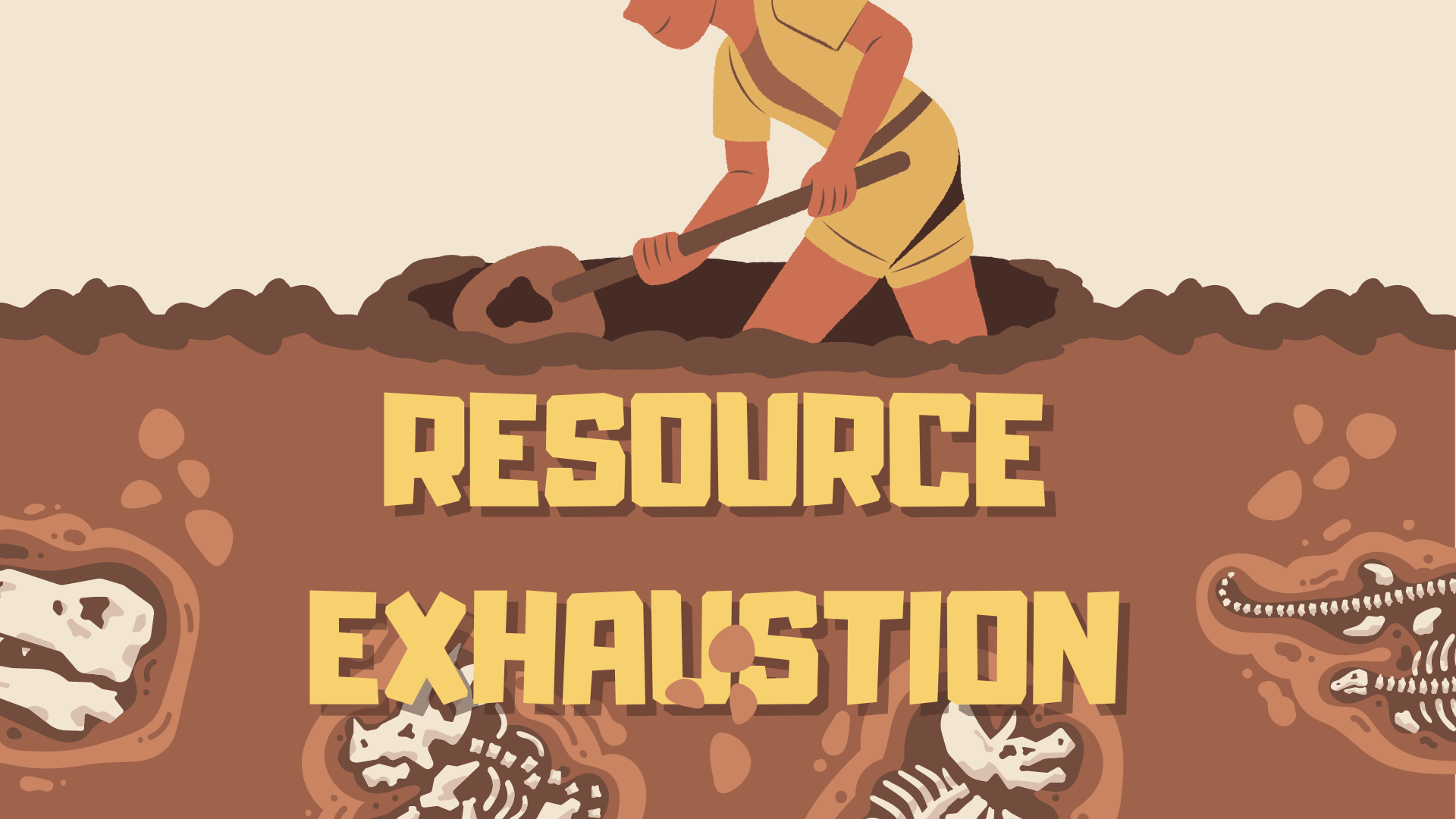The question of resource exhaustion
Resource exhaustion is a phenomenon that has been of concern to economists and policymakers for decades. The idea is simple: as humans continue to consume natural resources at an unsustainable rate, we will eventually run out of them. This, in turn, will have significant economic implications, as resource scarcity drives up prices and makes it more difficult for businesses to operate.
The question of resource exhaustion has been debated among economists for many years. Some economists argue that resource depletion is not a significant issue, as advances in technology and innovation will allow us to find alternative energy and other resources. Others believe that the depletion of natural resources is a serious problem that needs to be addressed immediately.
From an economic perspective, the depletion of natural resources can significantly affect the global economy. For one, it can increase prices for many goods and services. As natural resources become scarcer, the cost of extracting them increases, which drives up the cost of production. This, in turn, leads to higher prices for consumers.
Moreover, the depletion of natural resources can also lead to reduced economic growth. Businesses facing higher costs may become less competitive, leading to job losses and reduced economic activity. This can have a domino effect, as decreased economic activity can lead to decreased demand for goods and services, leading to even more job losses and reduced economic growth.
Another economic impact of resource exhaustion is the potential for political instability. As resources become scarcer, countries may become more protective of their resources and less willing to share them with others. This could lead to geopolitical tensions and even conflicts between nations.
Given these potential economic impacts, it is clear that resource exhaustion is a severe issue that needs to be addressed. One potential solution is to focus on sustainability and resource conservation. This could involve investing in renewable energy sources, developing more efficient technologies, and reducing waste and consumption.
Another solution is to encourage innovation and entrepreneurship. By supporting research and development in clean energy and sustainable agriculture, we can find new ways to use natural resources more efficiently and reduce our reliance on non-renewable resources.
In conclusion, resource exhaustion is an important economic issue that requires our attention. As we continue to consume natural resources at an unsustainable rate, we risk increasing prices, reducing economic growth, and even causing political instability. By focusing on sustainability, innovation, and conservation, we can work to mitigate the effects of resource depletion and ensure a more prosperous future for all.



